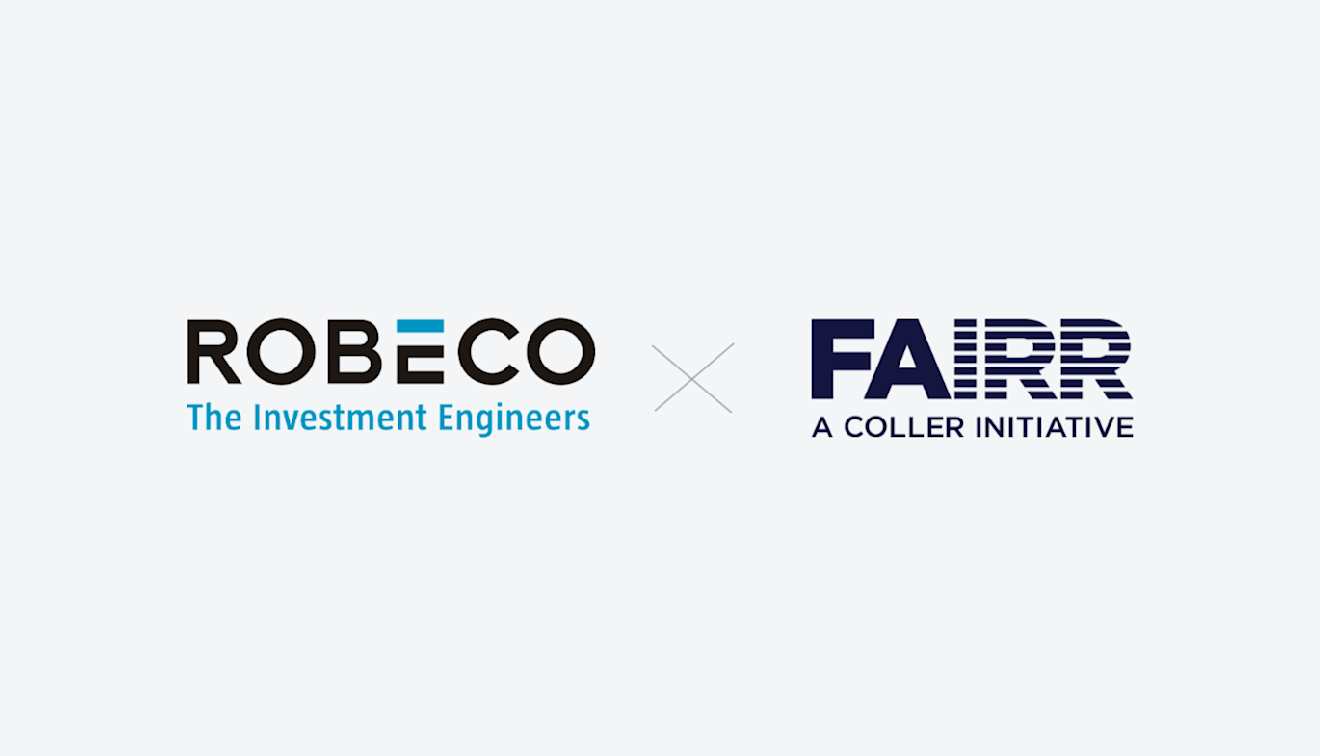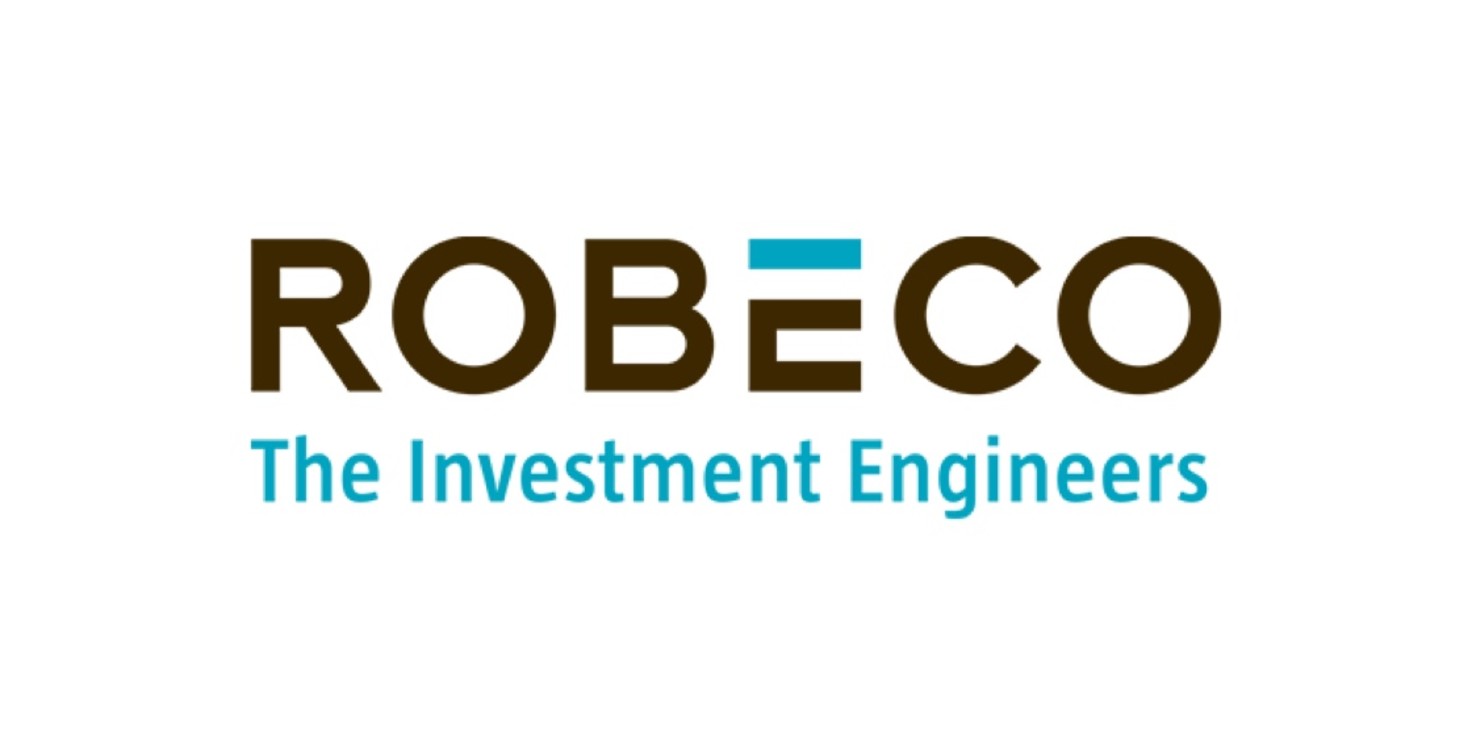Introduction
Robeco became a member of the FAIRR investor network in 2016. The collaboration with FAIRR forms part of Robeco’s Sustainable Investing Strategy, through which the asset manager works to incorporate climate, biodiversity and human rights across its investment decisions. This case study discusses how Robeco utilises FAIRR membership to enhance their understanding of social risk in one of the more complex sectors they are exposed to, the animal protein supply chain. Insights for this case study were provided by Claire Ahlborn, Engagement Specialist at Robeco.

How has FAIRR supported Robeco in enhancing your understanding of social risks in the animal protein supply chain?
To build a sustainable food system, our way of producing and consuming foods, and in particular animal proteins, must change significantly. The necessary transition is not just environmental; it is also deeply social. The changes needed relate not just to raising environmental agricultural standards but also require smallholder farmers to be able to execute growing expectations. Shifting to increased automation or alternative protein production requires not just technological investments but also investments in workers to be upskilled and taken along the journey. While these transitions take place, responsible labour standards across supply chains which are often marked by high pressure and low pay, must be ensured. However, supply chains are often obscure and complex. Reporting on social practices on the ground remains limited and clear guidelines on especially ensuring a ‘just’ sustainability transition is still being developed. It is in this context that FAIRR brings in their vast expertise on one of the key sectors when re-thinking food systems, helping investors manoeuvre through the animal protein market dynamics, sustainability pressures and supply chain structures. By providing high-quality research and highlighting the social angles often forgotten in the sustainable protein transition, FAIRR has become a well-regarded organization across the investor community.
How is Robeco addressing social risk and how does FAIRR membership support this approach?
Social impacts and risks have long been embedded across Robeco’s investment frameworks, adhering to the International Labor Organization’s labour standards and UN Guiding Principles for Business and Human Rights. However, social considerations across the animal protein supply chain are not just about adhering to international standards, they go beyond this, ensuring animal protein producers build future-proof business models and workforces.
Our collaboration with FAIRR can be summarized in three parts; first we use FAIRR’s extensive research across fundamental company analyses directly feeding into respective investment decisions. Second, we use FAIRR’s social and environmental ratings in our ‘No deforestation’ proxy voting policy, which besides the environmental impacts of cattle producers evaluates companies’ associated human rights practices. Lastly, we are engaging alongside FAIRR with protein producers to critically evaluate the social implications of companies’ decisions – such as through FAIRR’s Working Conditions engagement.
How has FAIRR’s Working Conditions engagement contributed towards your stewardship activities?
We joined FAIRR’s Working Conditions Engagement at its inception in 2021. At the time, COVID-19 put a spotlight on the poor labour practices across the meat supply chain and highlighted the associated societal, operational and reputational risks.
FAIRR’s unique offering combines in-depth and transparent company assessments with a constructive and well-received corporate dialogue, which reflects a best practice for engagement. FAIRR’s extensive preparation and strong relationship with companies, clearly communicating the criteria on which they are evaluated and providing them an opportunity to comment, has made them emerge as a valuable partner for not just investors but also for companies. This has created good access to executive management and company sites, with the latest investor visit to a UK abattoir, organised by FAIRR, showcasing this.
What benefit did you gain from visiting the pork and poultry manufacturing facility with FAIRR?
The visit, organised by FAIRR was a unique opportunity to see how our social engagement asks play out, from the implications of automation to the actual working conditions on the ground. Not only were we able to hear directly from executives about how their business is run but also from some of the most vulnerable workers at plant level, on which much of the past conversations had focused.
The visit highlighted the critical importance of responsible labour practices for not just workers but also business continuity, as companies are struggling to attract employees to the industry. The visit also provided an insight into the open dialogue the company maintains with workers, continuously working to remain an attractive employer in a manual and fast-paced work environment. In line with this, the visit also showcased what an increasingly technology-assisted or even automated future of meat processing could look like, removing many burdens from workers as long as they are trained to adopt relevant skillsets.
The visit and open dialogue with the company gave a strong reference point for the conditions inside a meatpacking facility, creating an invaluable experience for investors. Robeco looks forward to continuing to collaborate with FAIRR in advancing social priorities and beyond.
This report is provided for informational purposes only and is not intended to be, and should not be construed as, an offer, solicitation or recommendation with respect to any transaction and should not be treated as legal advice, investment advice or tax advice. Recipients should not rely upon this information as a substitute for obtaining specific legal or tax advice from their own professional legal or tax advisors. References to specific securities and their issuers are for illustrative purposes only and are not intended and should not be interpreted as recommendations to purchase or sell such securities. Indices and trademarks are the property of their respective owners. Information is subject to change based on market or other conditions.
